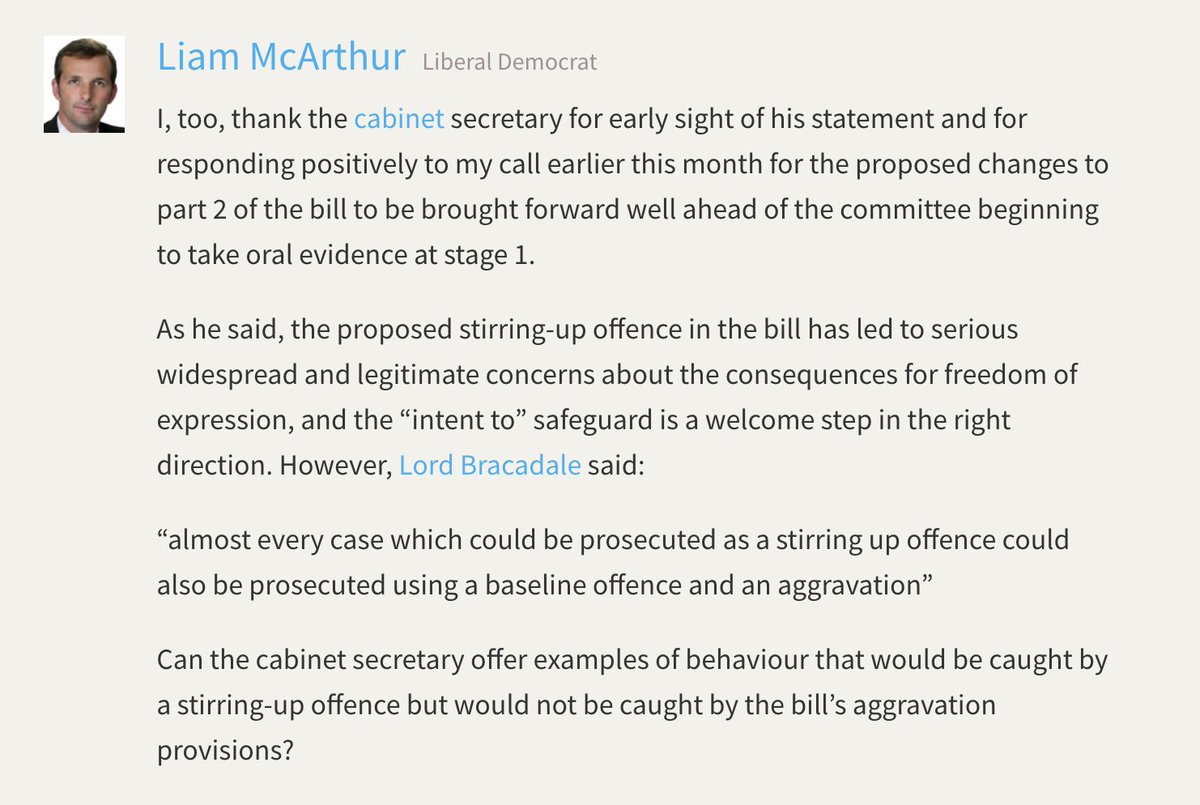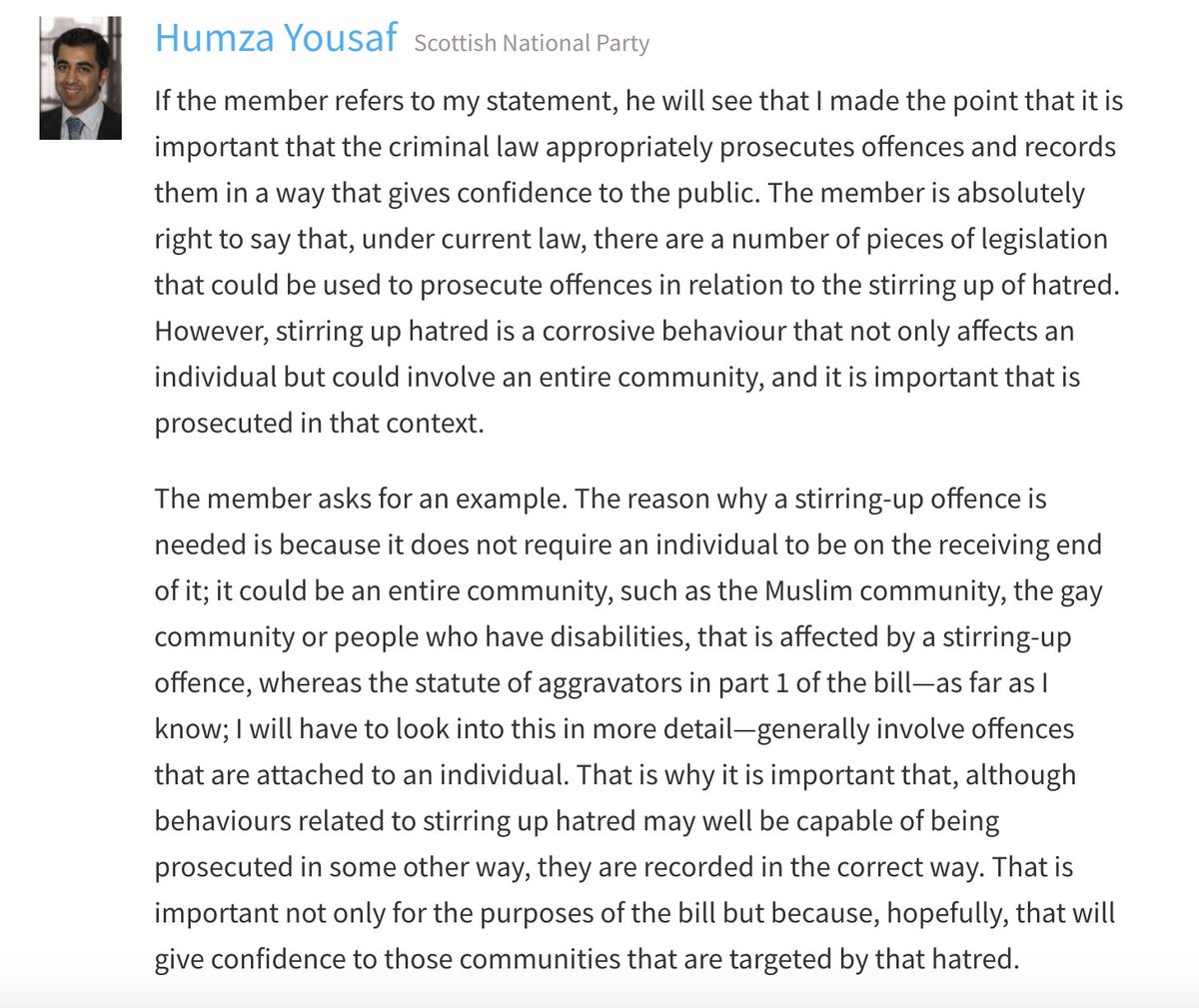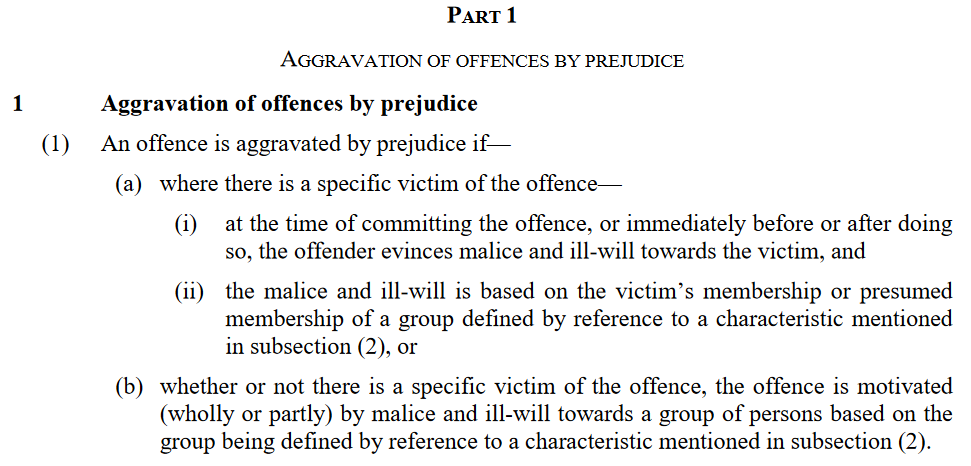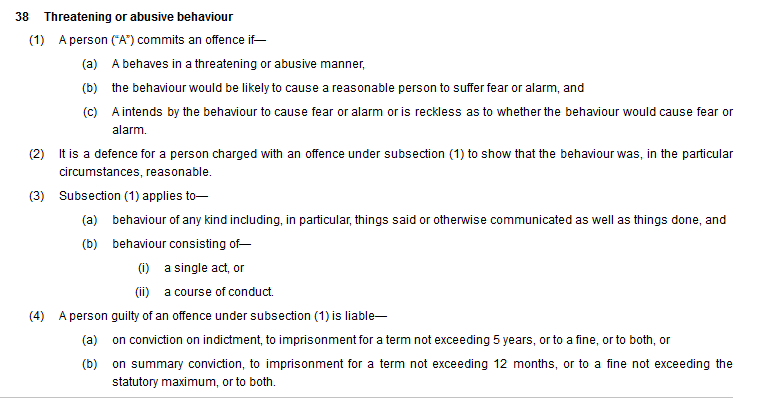This afternoon MSPs will debate the Hate Crime and Public Order (Scotland) Bill. After receiving around 2k written submissions and holding five oral evidence sessions, the Justice Committee published its Stage 1 report on the bill last Thursday: https://www.parliament.scot/newsandmediacentre/116701.aspx
We submitted written evidence on the bill and participated in an oral evidence session on 17 November. https://mbmpolicy.files.wordpress.com/2020/08/mbm-hate-crime-and-public-order-bill.-submission-to-the-justice-committee-23-july-2020-.pdf
Our Stage 1 briefing to MSPs focused on two areas: the exclusion of sex from the hate crime protected characteristics, and aspects of the extension of the offence of stirring up hatred. https://mbmpolicy.files.wordpress.com/2020/12/mbm-briefing-stage-1-hate-crime-and-public-order-bill2.pdf
We argue that the default position should be to include sex, until any alternative proposals have been developed, consulted on and enacted, as a result of the work of the planned Working Group on Misogynistic Harassment.
In our view, the argument wasn't convincingly made by the Bracadale Review or the Scottish Government that expanding stirring up offences beyond race will fill a legislative gap on paper or reduce in practice the number of hate-related attacks on individuals in particular groups.
On 27 September, the Cabinet Secretary for Justice was asked by Liberal Democrat MSP Liam McArthur for examples of behaviour that would be caught by the new stirring-up offences which would not be caught by the bill’s aggravation provisions. https://www.theyworkforyou.com/sp/?id=2020-09-23.17.0&p=14001
The Cabinet Secretary was unable to give any specific examples, simply responding that "stirring up hatred is a corrosive behaviour that not only affects an individual but could involve an entire community".
The proposals to extend the offence of stirring up hatred remain the most contentious element of the bill and will likely be the focus of much of this afternoon's debate.
While the Cabinet Secretary referred to the need for new legislation which covers cases where behaviour is not targeted at a specific individual, Section 1(1)(b) of the Bill does already allow the aggravator to be applied whether or not there is a specific individual victim.

 Read on Twitter
Read on Twitter





